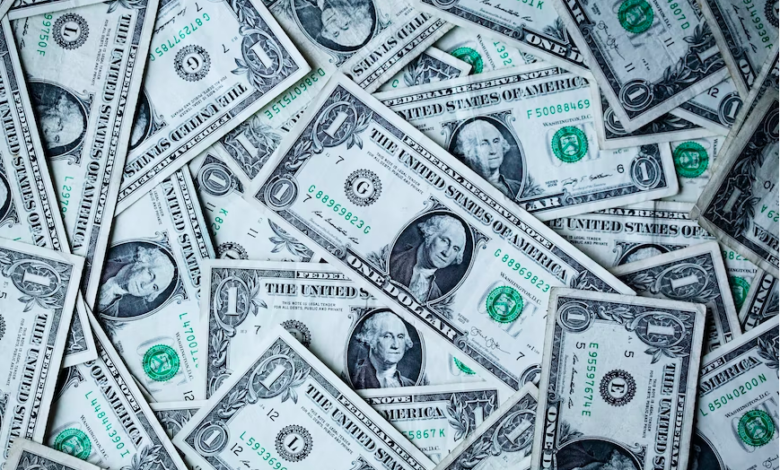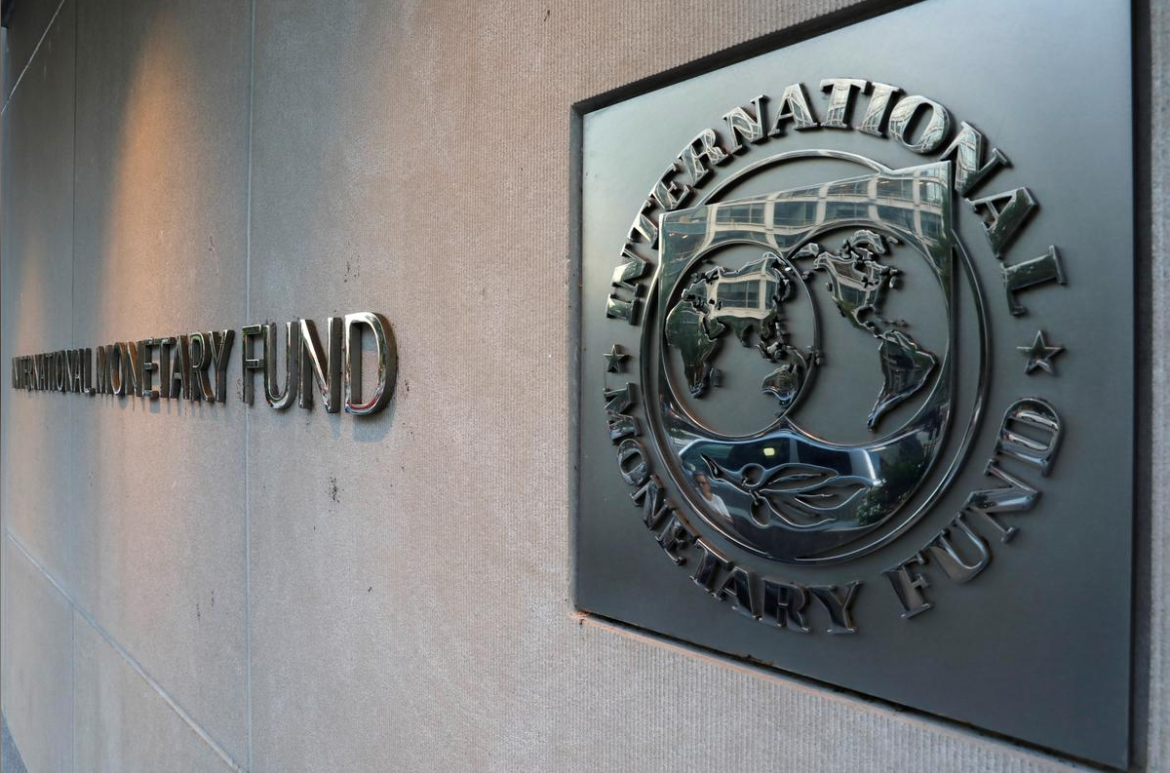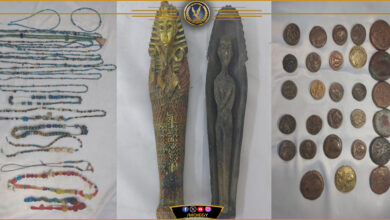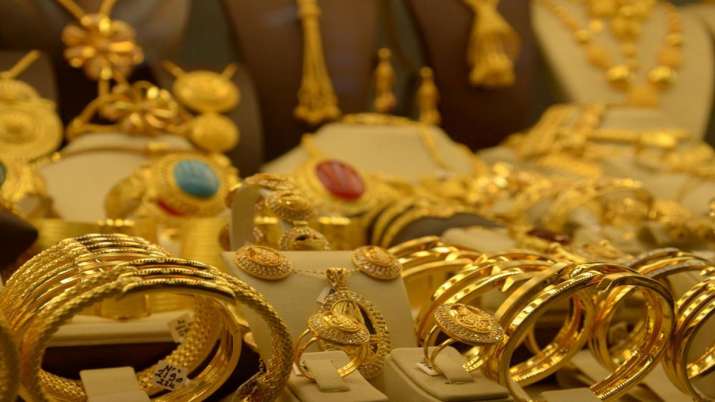
Ahmed and his wife are looking for a larger house after their small family rose to four instead of only two.
As they become accustomed to the upscale Maadi area where they started their life together, they began searching for a larger home in the same neighborhood.
A group on Facebook displayed pictures of a nice-looking apartment. However, when Ahmed asked about the price he was surprised to find that it was offered for sale in US dollar.
In his interview with Al-Masry Al-Youm, Ahmed said that the apartment was offered for sale at $45,000.
The size of the apartment did not exceed 120 meters, he explained, while apartments in the area are offered at about LE1,250,000.
Ahmed is far from the only person with a similar story.
Sales have recently been carried out in Egypt in dollar, amid the rise in the price of the dollar against the Egyptian pound.
This prompted many real estate companies to use futures contracts and increase the price of housing units purchased on an installment basis based on the price of the dollar against the pound at the time of the installment.
Egyptian law prohibits any sales and purchases in dollar or other foreign currencies, because of this having a great impact on the price of the pound in the market.
The use of dollar in purchases and sales causes a shortage in the green foreign currency and revitalizes the black market.
Legal penalties for using foreign currencies as a substitute for the pound
Article #126 of Banking Law No. 88 of 2003 fines persons who use any foreign currency instead of the state’s currency in the purchase and sale of goods and services inside Egypt not less than LE10,000 and not more than LE20,000.
Article 111 of Banking Law No. 88 also requires that the purchase and sale of goods and services in Egypt be carried out in Egyptian pounds only.
Currently, $50,000 is equal to approximately one and a half million pounds according to the price of the dollar in Egyptian banks.
However, the owner of a housing unit asked Ghada’s family – who were moving their place of residence from Heliopolis to 6th of October City – to pay for the new house in dollars, especially because the owner of the unit needed to purchase a larger house that he had to pay for in US dollar as well.
Ghada said that, of course, they were unable to collect the amount required, with the banks refusing to convert the Egyptian amount into dollars due to the current economic circumstances.
Ghada provided the price of the house in Egyptian pound, but the seller refused to be paid in Egyptian pound.
Economic expert Samar Adel believes that “dollarization” has devastating effects on everyone, starting with the national economy in its full sense and then the citizen, whether a seller or a buyer.
The economy is fragile during this period and cannot bear dollarization in any way, she added.
Awareness campaigns should be promoted in media to stop these harmful practices for everyone, Adel said.
She explained that this issue is very harmful to citizens, because with the retention of the dollar, all commodities will witness price hikes that the dollars they keep will not even cover.
Exchange rate remains stable
The price of the dollar against the Egyptian pound, according to the Central Bank, is approximately LE30.88, a rate that has been stable for some time.
The government devalued the pound by about 50 percent during the last year.
Using foreign currencies in purchase and sale between citizens exposes them to legal punishment.
The law does not protect persons who carry out this act if they defrauded the other party during the process, according to a legal expert and a member of the Bar Association Issa Abu Issa.
Issa said that the law is clear with regard to this issue, as it prohibits dollarization in all its forms due to its negative effects on the national economy.




